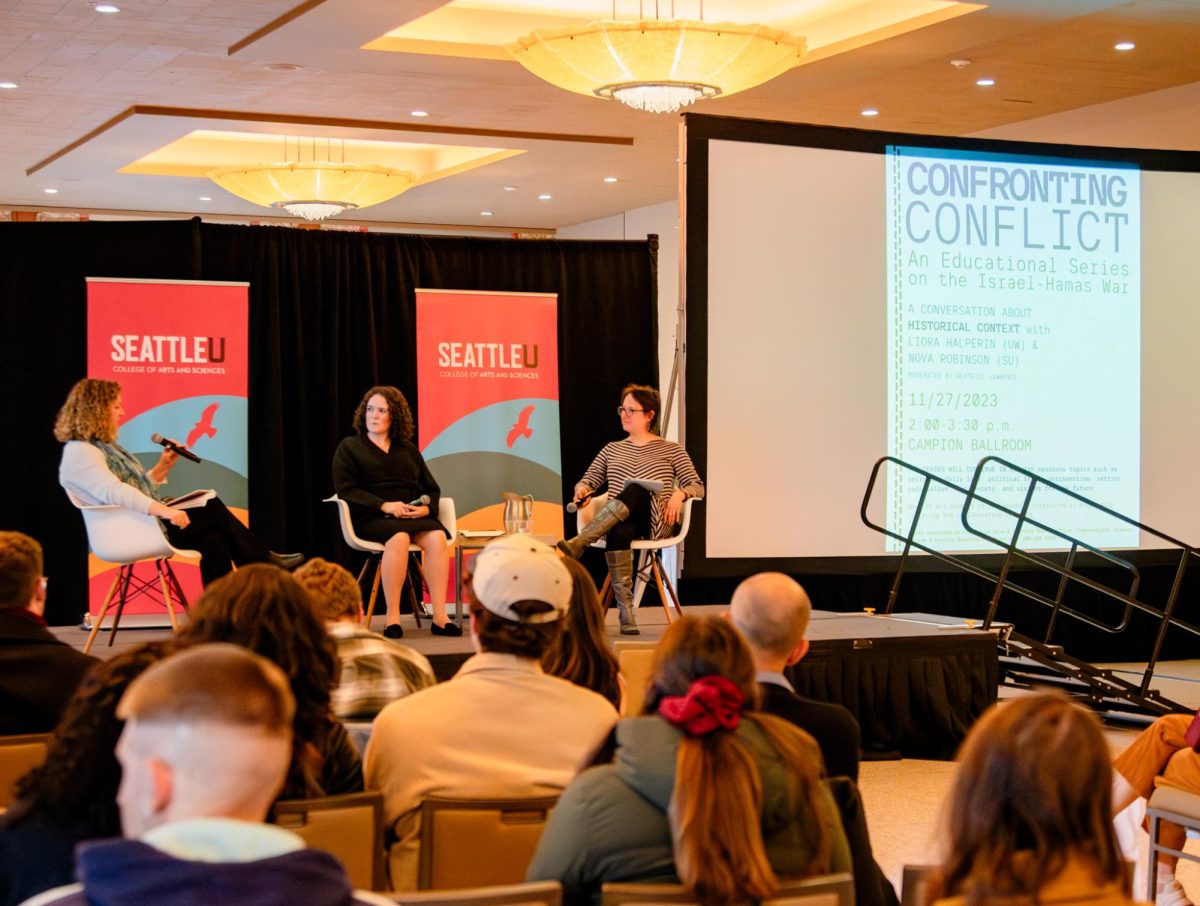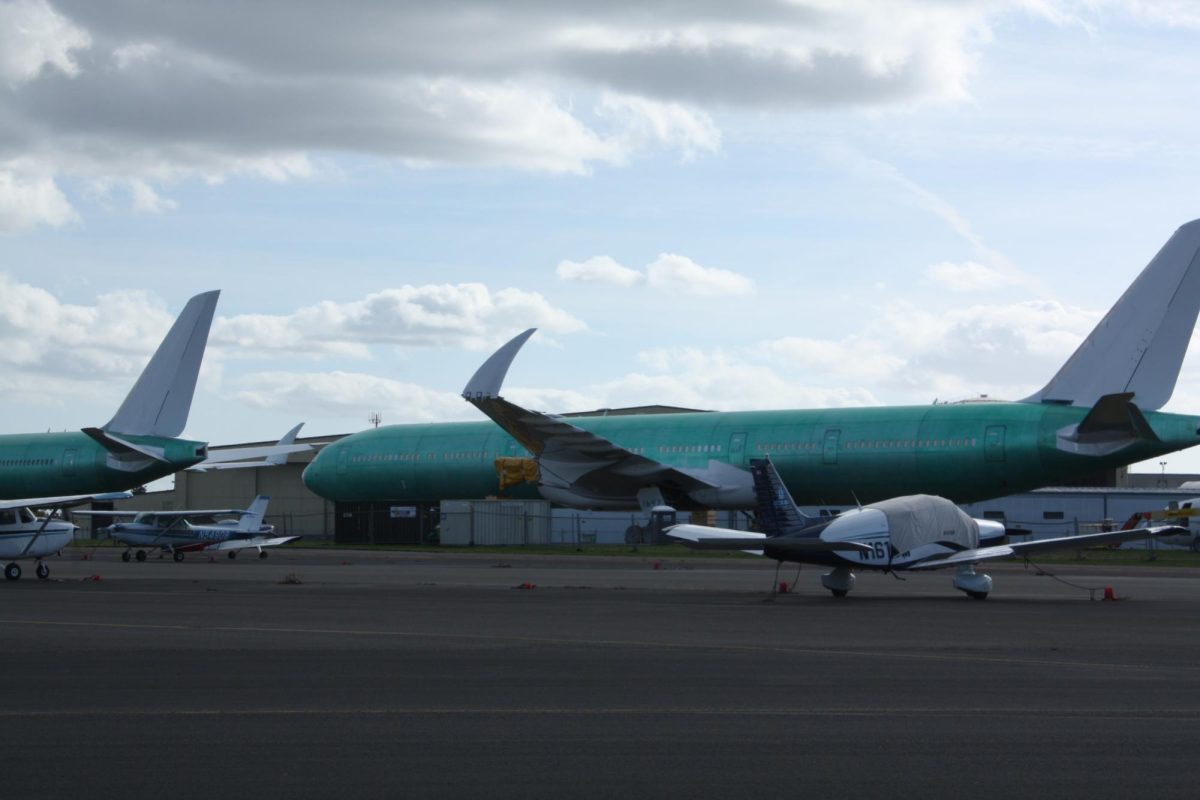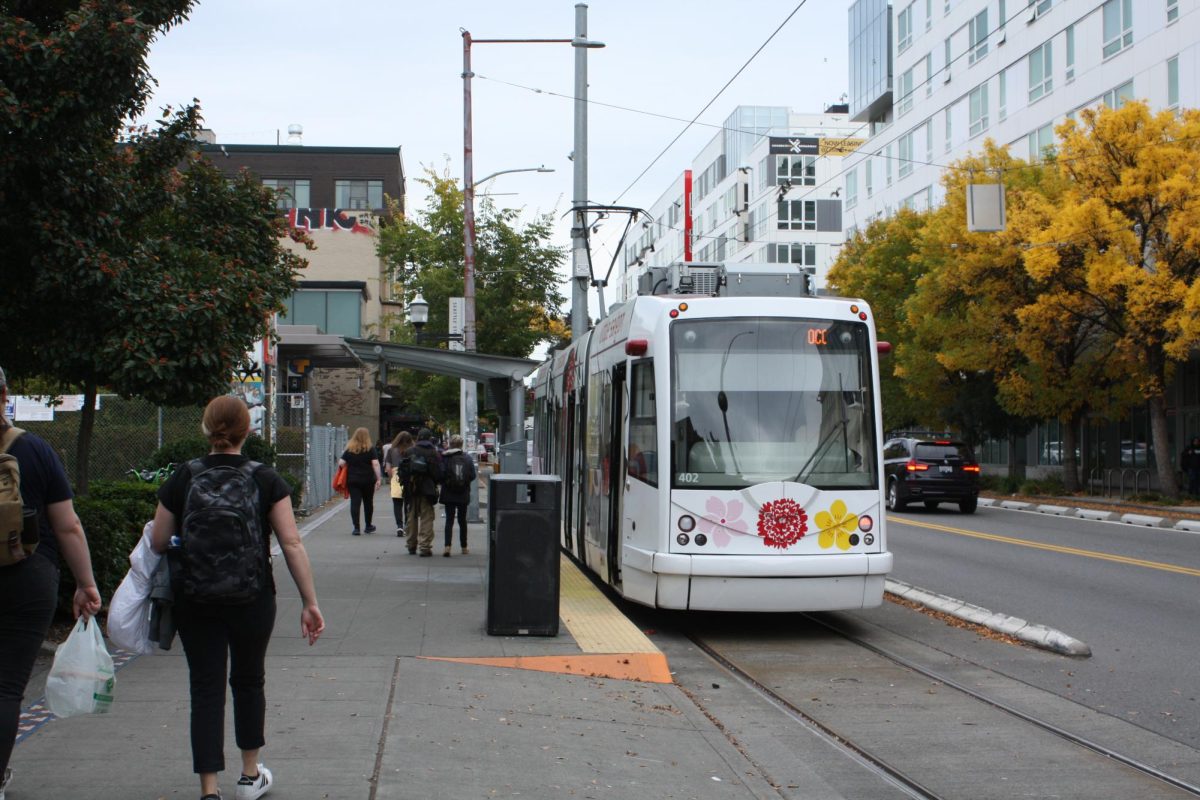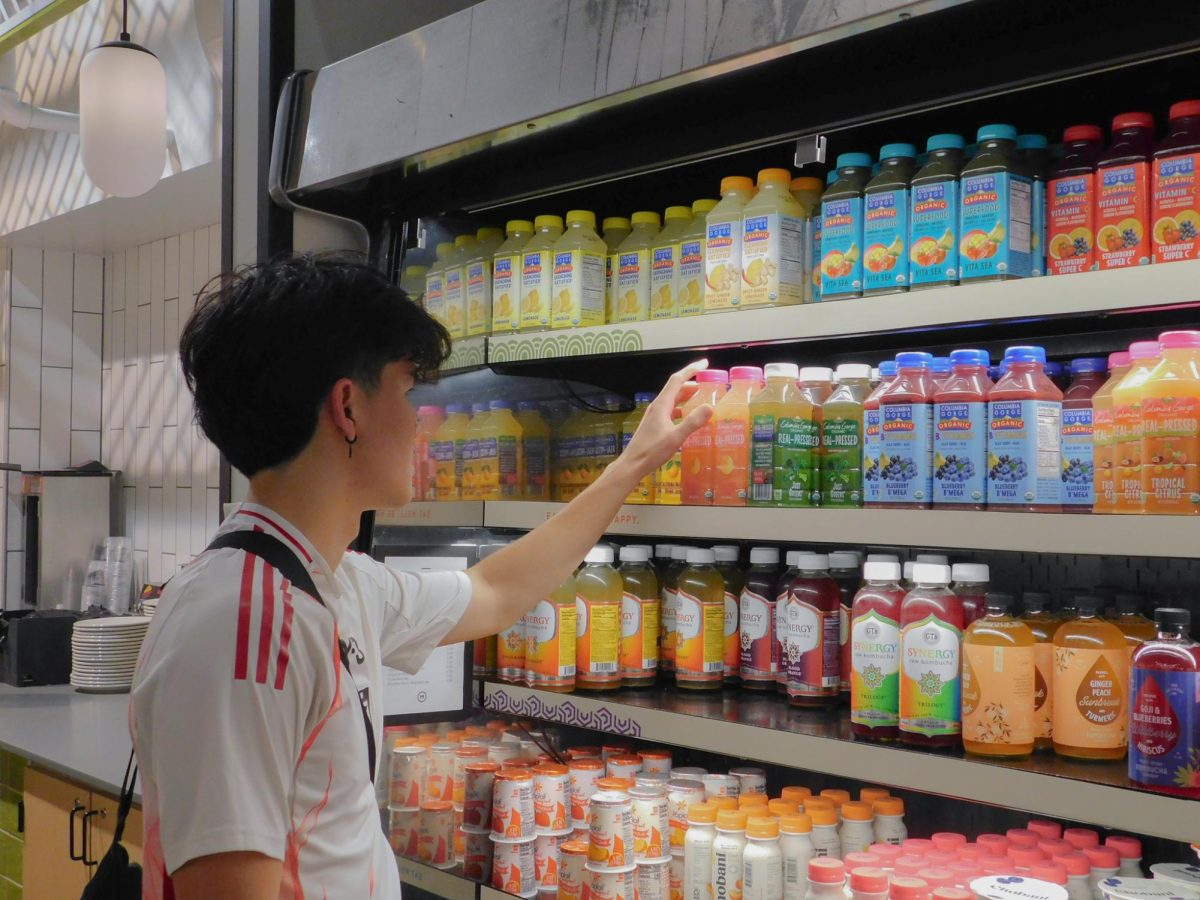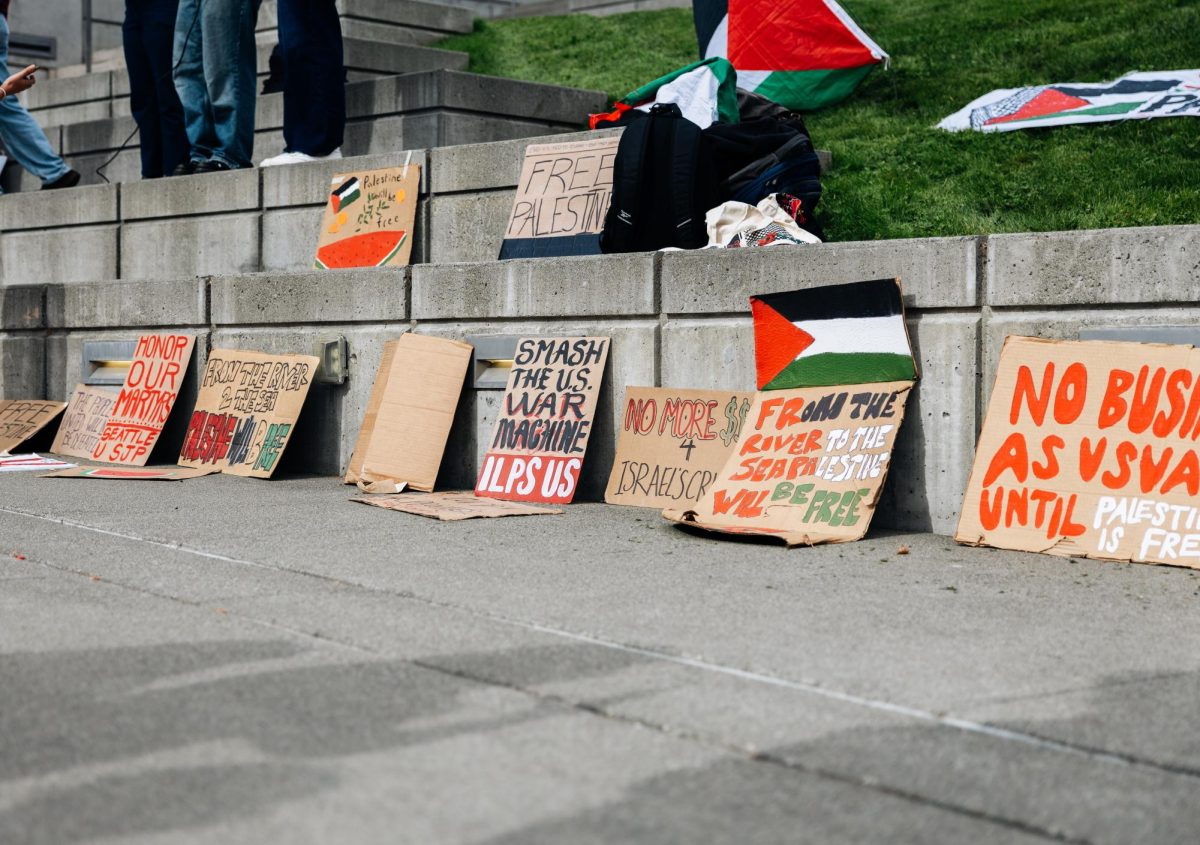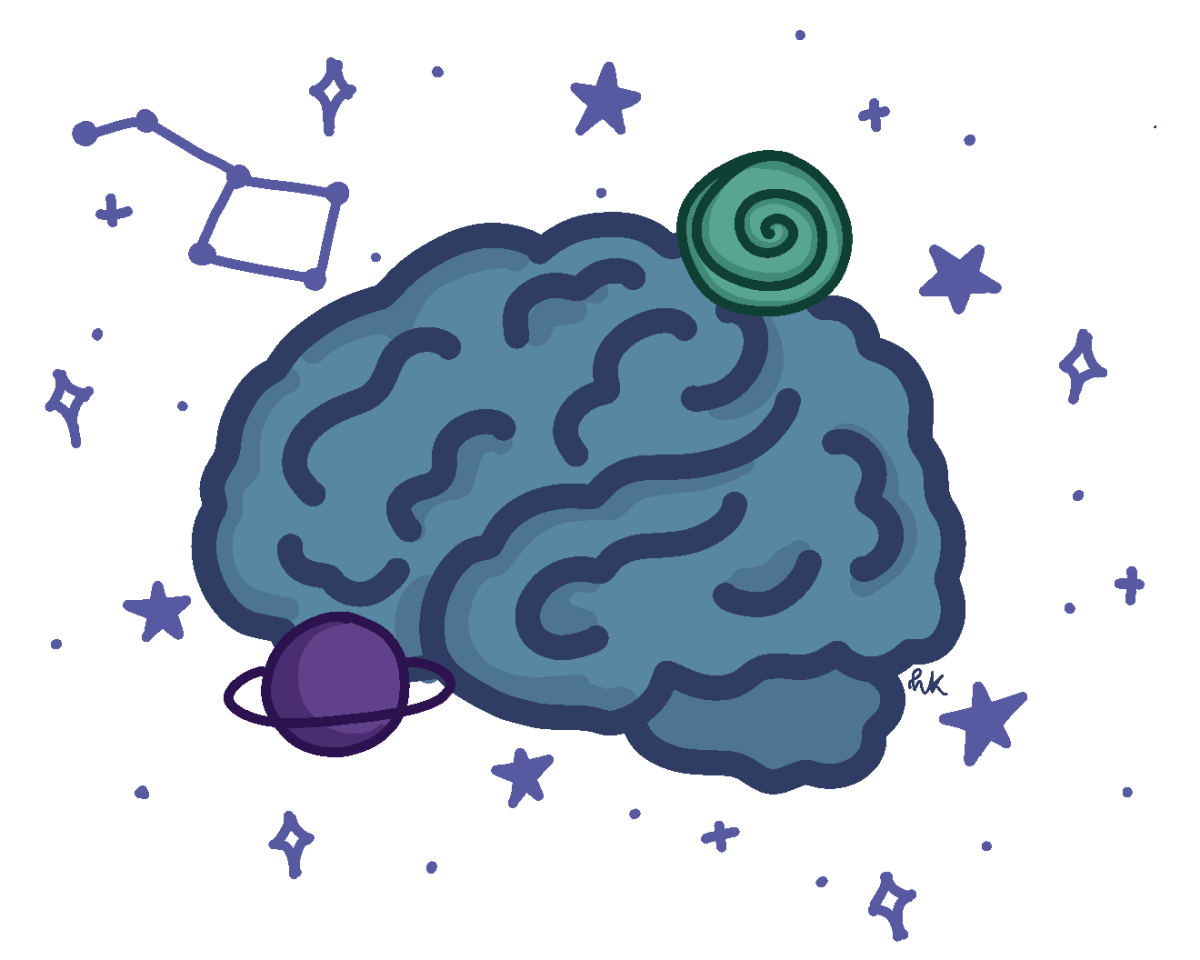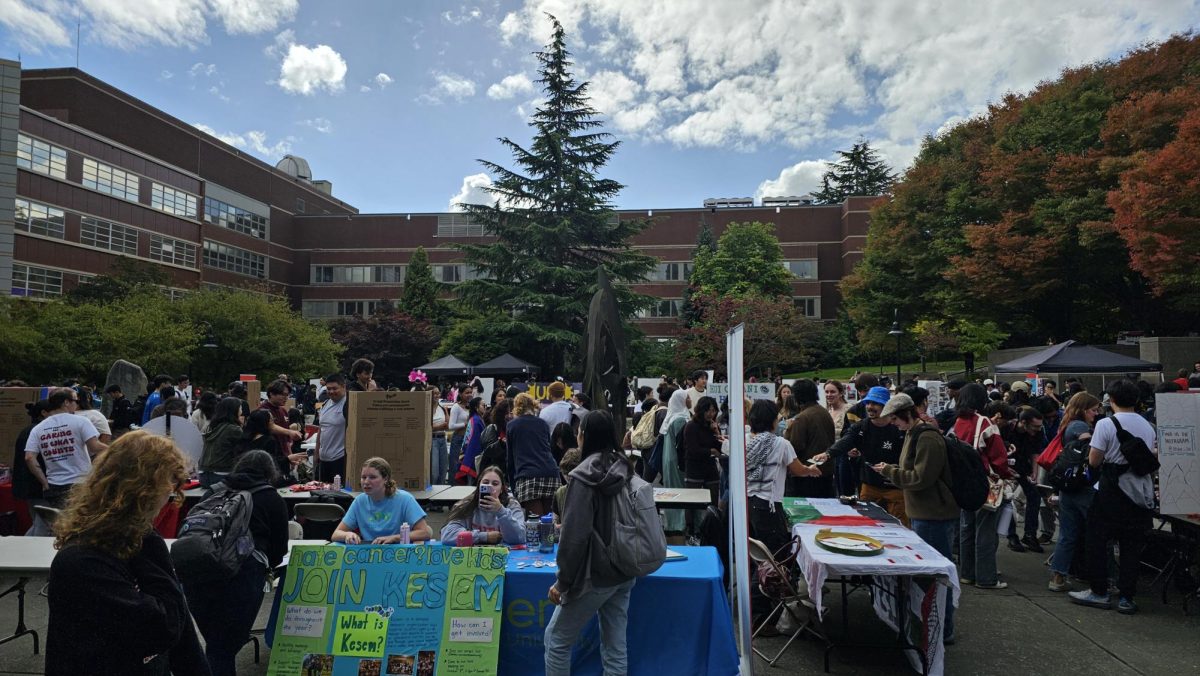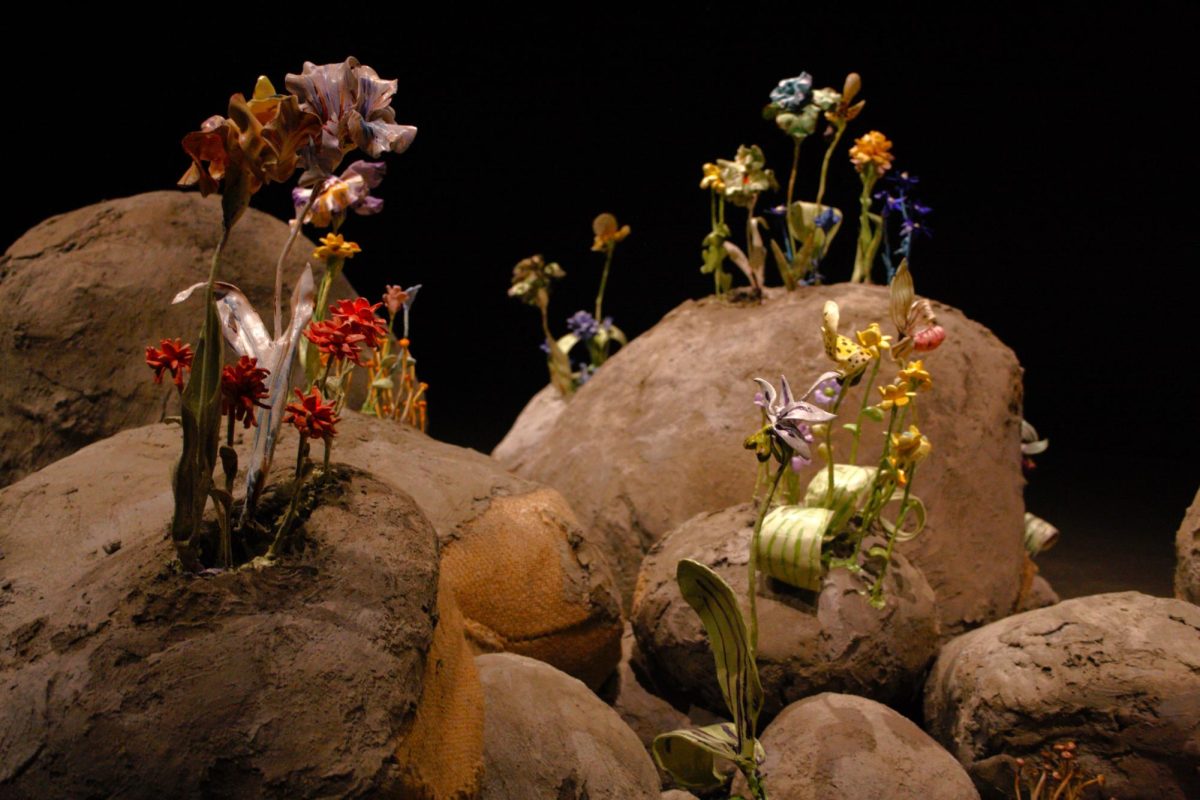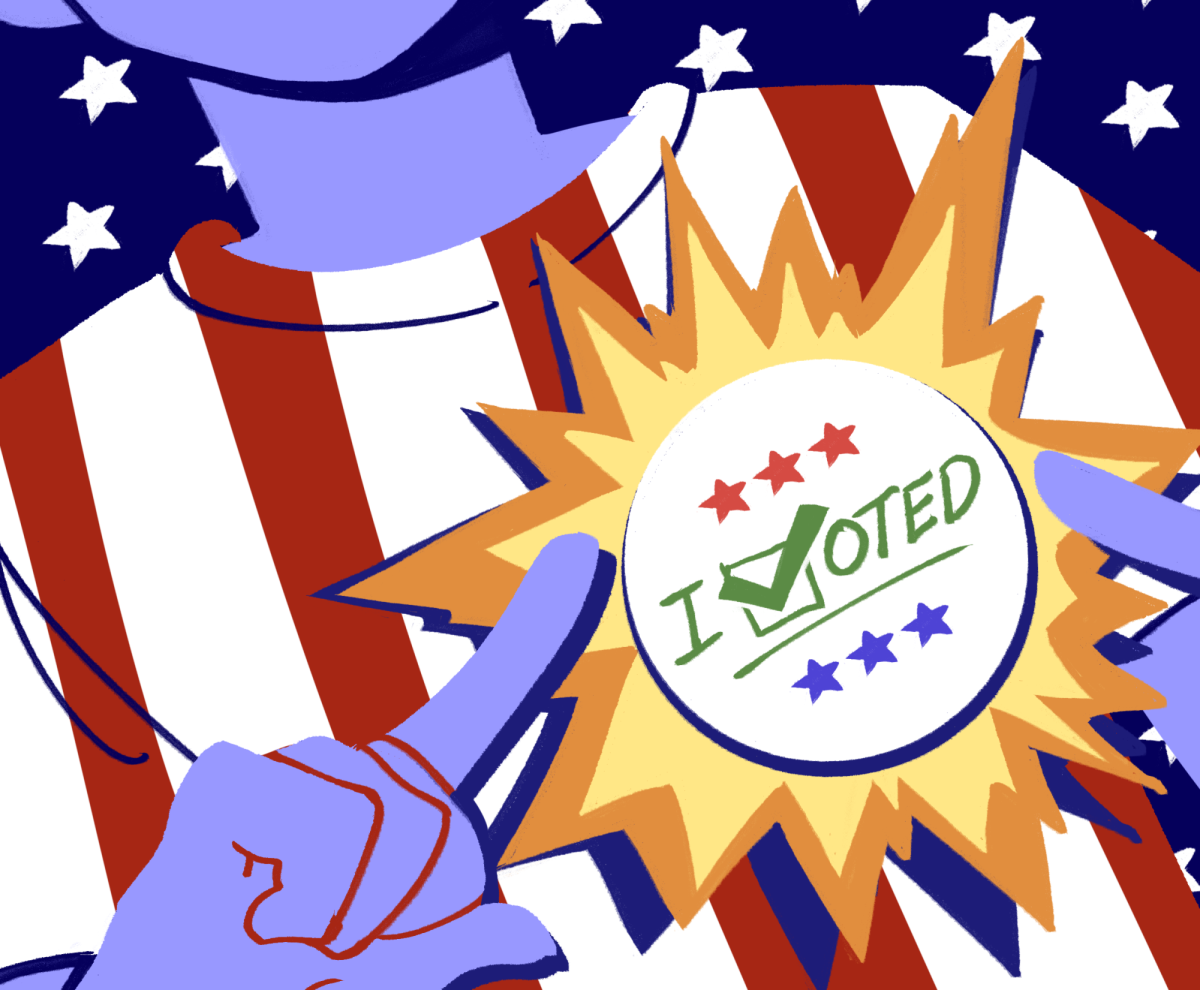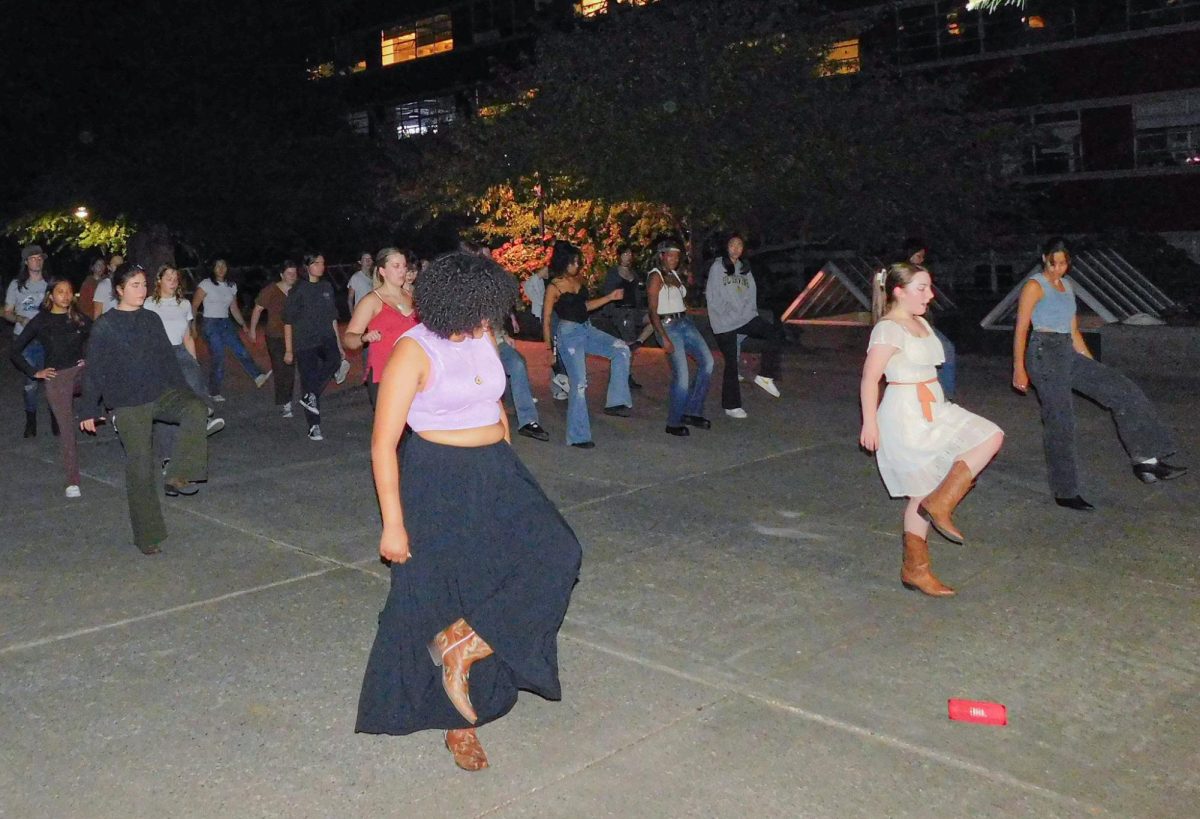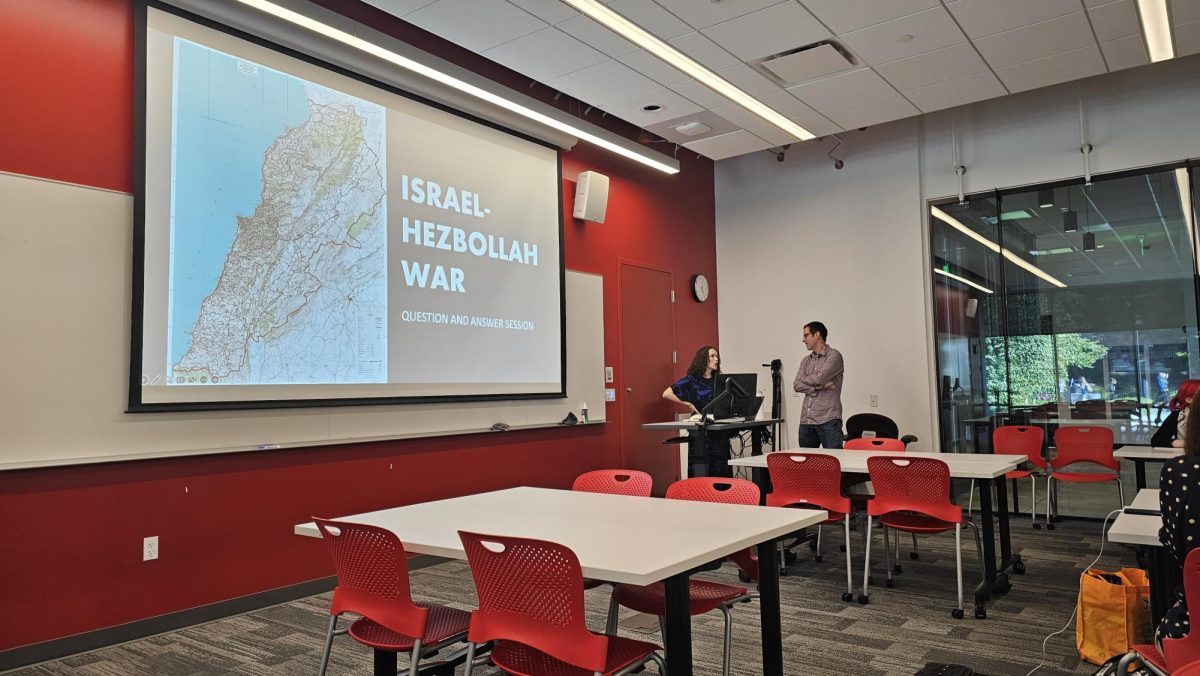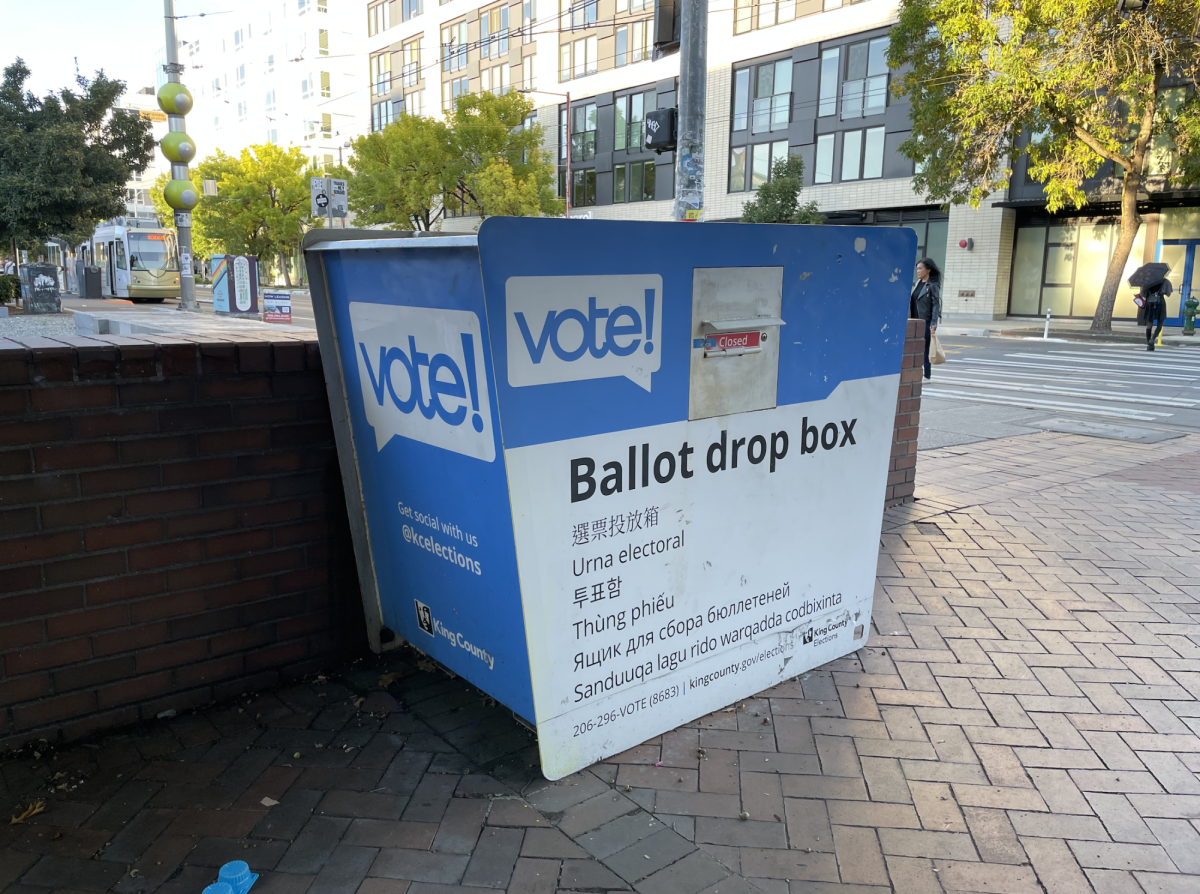Content warning: This article contains description of Antisemitic incidents.
During the last few months, conversations have been circulating on college campuses about what the Associated Press has dubbed the Israel-Hamas War, some of which has produced increasing hostility towards minoritized groups, including Jewish people.
Associate Professor of Theology and Religious Studies Beatrice Lawrence specializes in Hebrew Bible and Jewish Hermeneutics. She explained that Jews face a legacy of intergenerational trauma that is “encoded into their DNA” and that there is a degree of hypervigilance associated with the fear they experience. She thinks that people need to form a better understanding of this.
Lawrence also added that the outlets reporting on the Israel and Hamas War frame the conflict in a way that misguides public conceptions and produces harmful narratives.
“I don’t like the way that popular culture and social media have divided this into a two-sided issue, instead of an issue rooted in listening and seeing the humanity of the people involved. It allows hatred to be fabricated and prompts hatred of Jews, Muslims and Arabs,” Lawrence said.
Zain Clements-Hall, a fourth-year English and history double major, is the co-president of the Jewish Student Union (JSU). They stated that though they have not had anyone act directly antisemitic towards them, they have seen behaviors and symbols in the city that maintain harmful ideas.
“I haven’t necessarily run into [antisemitism] on college campuses, but it’s become more prevalent in the Seattle area. I have on multiple occasions run into people wearing swastikas on the light rail,” Clements-Hall said. “Part of me hopes they don’t understand the full weight of the symbol that they are wearing, but also part of me knows that they fully understand what they are wearing and the hate they are perpetuating. It’s really disheartening because I would love to see a world in which we aren’t characterized by the people we hate.”
As for the conflict that has been taking place in the Gaza Strip, Clements-Hall feels that conversations should not be debating matters of religious or cultural identities and that people need to recognize humanity and the trauma that is being inflicted on those who are affected.
Eli Gunderman, a fourth-year business analytics major, is the president of Redhawks for Israel and the financial treasurer for JSU. He has been attending the Student Government of Seattle University (SGSU) meetings recently and stated that his ideas of how the campus has been responding to the conflict is reflected in the climate of the meetings.
During the SGSU meeting that discussed the reaffirmation of the Resolution on Solidarity with Palestine and Seattle University’s Palestinian Community, Gunderman said that he and another student had brought a list of amendments that they wanted to add. One asked to add a clause that extends support to the Jewish and Israeli community on campus. Gunderman asserted that he was met with backlash that incited a feeling of isolation.
“We had a letter prepared explaining the modifications that we wanted to make to the resolution so that it could be more inclusive and the people that came after us were extremely hostile,” Gunderman said.
Gunderman went on to say that he feels there has been a normalization of hatred towards Jews and it is disturbing to him. He stated that people cannot tolerate anti-semitism in their spaces and that it needs to be called out when it is seen or heard.
“I feel like there’s this idea that antisemitism is a Jewish problem, but I don’t think that is right, just in the same way that any other discrimination isn’t solely the problem of a group facing it. It’s a problem for society at large. I think that it needs to be internalized in our community that it shouldn’t be only our responsibility. Of course we will advocate for ourselves, but there should be a general expectation that we all stand, that we will protect all members of our community, regardless of political beliefs,” Gunderman said.
An educational series titled “Confronting Conflict” will have sessions held throughout winter quarter that will cover topics such as religion, daily life, political Islam, antisemitism, settler colonialism and indigeneity. The series is being constructed by Lawrence and professors Nova Robinson and Maria Tedesco, with their first event featuring University of Washington professor Liora Halperin. They seek to hold a space for members of the Seattle U community to participate in “hospitable listening and collaborative learning” in regards to the Israel-Hamas War. Ultimately, they want to foster an environment that acknowledges the harm that both Palestinians and Israelis have internalized.
“I think that people have to be willing to listen, regardless of who they are and what their identity is and who they support,” Clements-Hall said. “You can be willing to listen to the other side of the conflict because it might give you a new perspective you wouldn’t have had before.”




